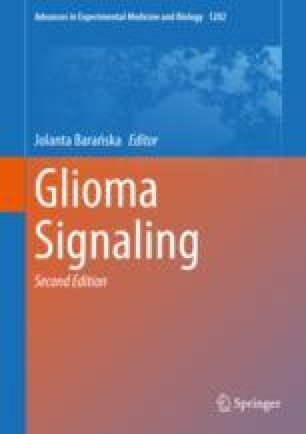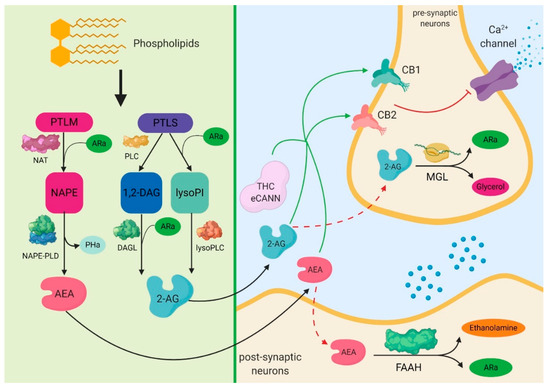 “Sleep deprivation (SD) is a common feature in modern society. Prolonged sleep deprivation causes cognition deficits and depression-like behavior in the model of animal experiments.
“Sleep deprivation (SD) is a common feature in modern society. Prolonged sleep deprivation causes cognition deficits and depression-like behavior in the model of animal experiments.
Endocannabinoid system are key modulators of synaptic function, which were related to memory and mood. Although the underlying mechanism remains unknown, several studies indicated the benefits of polyunsaturated fatty acids (PUFAs, linolenic acid, 39.7%; linoleic acid, 28%; and oleic acid, 22%) on brain function through the endocannabinoid system.
The present study aimed to evaluate the influence of dietary PUFAs on cognition deficits induced by sleep deprivation in Sprague Dawley rats.
The results revealed that SD led to the disorder of cognition and mood which was improved by the supplement of PUFAs.
SD significantly increased the mEPSC frequency, and decreased the protein level of cannabinoid type-1 receptors (CB1R). These changes were restored by supplement of PUFAs, which showed a similar level to the control group. Behaviour tests showed that the positive effects on repairing cognition and anxiety disorders were almost completely abolished when the CB1R receptor antagonist rimonabant was applied to the SD rats.
These findings indicated that PUFAs are a factor regulating cognition deficits and depression induced by SD via cannabinoid type-1 receptors.”
https://www.ncbi.nlm.nih.gov/pubmed/32035867
“PUFAs reduced cognition deficits and depression-like behaviours of sleep deprivation rats in the behaviour tests.”
https://www.sciencedirect.com/science/article/pii/S0166432819317218?via%3Dihub
“Hempseed oil is over 80% in polyunsaturated fatty acids (PUFAs), and is an exceptionally rich source of the two essential fatty acids (EFAs) linoleic acid (18:2 omega-6) and alpha-linolenic acid (18:3 omega-3). The omega-6 to omega-3 ratio (n6/n3) in #hempseed oil is normally between 2:1 and 3:1, which is considered to be optimal for human health.”
https://www.researchgate.net/publication/226272227_Hempseed_as_a_nutritional_resource_An_overview

 “Cannabinoids are a group of structurally heterogeneous but pharmacologically related compounds, including plant-derived cannabinoids, synthetic substances and endogenous cannabinoids, such as anandamide and 2-arachidonoylglycerol.
“Cannabinoids are a group of structurally heterogeneous but pharmacologically related compounds, including plant-derived cannabinoids, synthetic substances and endogenous cannabinoids, such as anandamide and 2-arachidonoylglycerol. “The rationale of this study was to assess occurrence of withdrawal symptoms induced by abrupt cessation of cannabidiol (CBD) after prolonged administration in healthy volunteers.
“The rationale of this study was to assess occurrence of withdrawal symptoms induced by abrupt cessation of cannabidiol (CBD) after prolonged administration in healthy volunteers. “Neuropsychiatric disorders, such as addiction, are associated with cognitive impairment, including learning and memory deficits.
“Neuropsychiatric disorders, such as addiction, are associated with cognitive impairment, including learning and memory deficits. “Septic lung injury is one of main causes of high mortality in severe patients. Inhibition of excessive inflammatory response is considered as an effective strategy for septic lung injury.
“Septic lung injury is one of main causes of high mortality in severe patients. Inhibition of excessive inflammatory response is considered as an effective strategy for septic lung injury. “Most of the drugs of abuse affect the brain by interacting with naturally expressed molecular receptors. Marihuana affects a series of receptors including
“Most of the drugs of abuse affect the brain by interacting with naturally expressed molecular receptors. Marihuana affects a series of receptors including  “The use of medical cannabis in children is rapidly growing.
“The use of medical cannabis in children is rapidly growing. “The spread of antimicrobial resistance continues to be a priority health concern worldwide, necessitating exploration of alternative therapies.
“The spread of antimicrobial resistance continues to be a priority health concern worldwide, necessitating exploration of alternative therapies. “Critically ill patients with sepsis require a multidisciplinary approach, as this situation implies multiorgan distress, with most of the bodily biochemical and cellular systems being affected by the condition. Moreover, sepsis is characterized by a multitude of biochemical interactions and by dynamic changes of the immune system. At the moment, there is a gap in our understanding of the cellular, genetic, and molecular mechanisms involved in sepsis.
“Critically ill patients with sepsis require a multidisciplinary approach, as this situation implies multiorgan distress, with most of the bodily biochemical and cellular systems being affected by the condition. Moreover, sepsis is characterized by a multitude of biochemical interactions and by dynamic changes of the immune system. At the moment, there is a gap in our understanding of the cellular, genetic, and molecular mechanisms involved in sepsis.